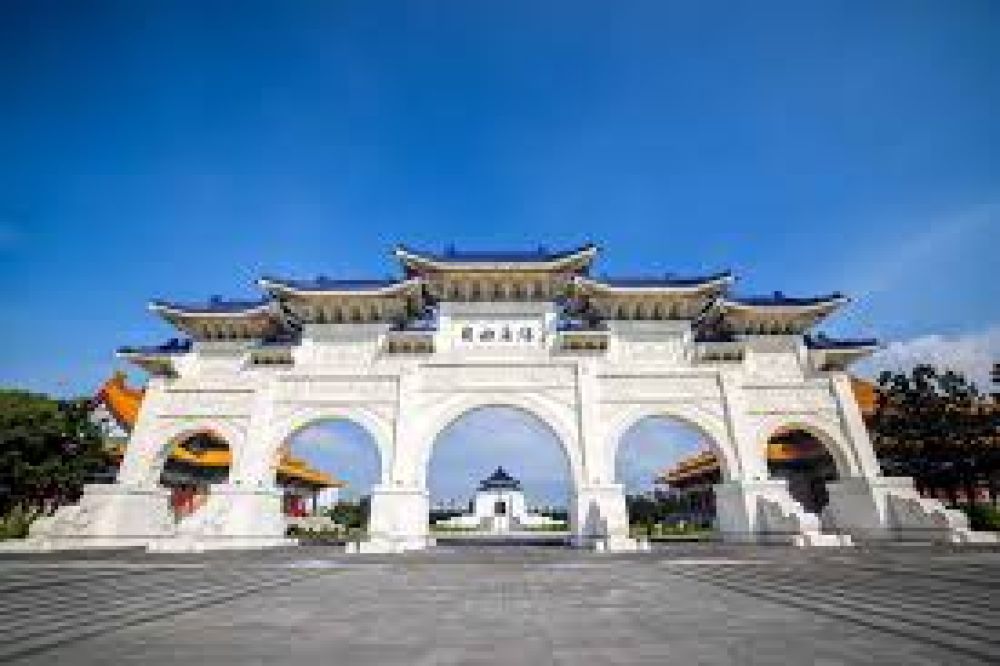

The Chiang Kai-shek Memorial Hall is one of the most iconic landmarks in Taipei, Taiwan. It was constructed in memory of Chiang Kai-shek, the former President of the Republic of China, and represents a significant period in Taiwan's history. This majestic monument has become not only a place of remembrance but also a popular tourist attraction showcasing the cultural heritage of Taiwan.
Following Chiang Kai-shek's death in 1975, plans to construct a memorial in his honor were formulated. The groundbreaking ceremony for the memorial hall took place in 1976, and the construction was completed in 1982. Designed by architect Yang Cho-cheng, the structure is noted for its traditional Chinese palatial architecture, symbolizing the fusion of cultural identity and modern aspirations of the Taiwanese people.
The octagonal-shaped hall rises 76 meters high, with each side of the roof representing one of Chiang's eight virtues: loyalty, filial piety, benevolence, love, sincerity, integrity, straightforwardness, and honor. The building is colored in blue and white, reflecting the colors of Taiwan's flag. The surrounding 25-hectare park features ponds, gardens, and the National Theater and Concert Hall, making it a cultural hub in the city of Taipei.
Over the years, the Chiang Kai-shek Memorial Hall has grown in popularity as a tourist destination. Visitors are drawn not only to the grandeur of the architecture but also to the changing of the guard ceremony, which takes place on the hour every day. The vast surrounding park area provides a serene escape from the city's hustle and bustle and serves as a venue for events and daily community activities.
In recent years, Taiwan has seen a surge in international tourist arrivals, with many coming to experience its rich culture and natural beauty. The Chiang Kai-shek Memorial Hall continues to play a pivotal role in the cultural tourism of Taipei. Tourists can participate in guided tours, learn about the history of Taiwan through museum exhibits housed within the hall, and enjoy various performances at the National Theater and Concert Hall.
Engagements with Digital Technology: The tourism authorities have introduced digital guides and applications to enhance the visitor experience. These technologies allow for interactive and augmented reality experiences, providing an innovative way to learn about the historical significance of the site.
Sustainable Tourism Practices: In response to global trends, there is an emerging focus on sustainability within tourism in Taipei. The preservation efforts for the Chiang Kai-shek Memorial Hall and its park include eco-friendly initiatives aimed at minimizing the environmental impact of tourism.
Despite controversies surrounding Chiang Kai-shek's legacy and the debates about the future of the memorial hall, this site remains deeply woven into the fabric of Taiwan's history and culture. It continues to attract visitors from all over the world, serving as both a center for cultural activities and as a historical landmark that tells a story of Taiwan’s past, present, and future.
As tourism trends evolve, the Chiang Kai-shek Memorial Hall stands resilient, adapting to the times while maintaining its status as a testament to Taiwan's journey and its aspirations.